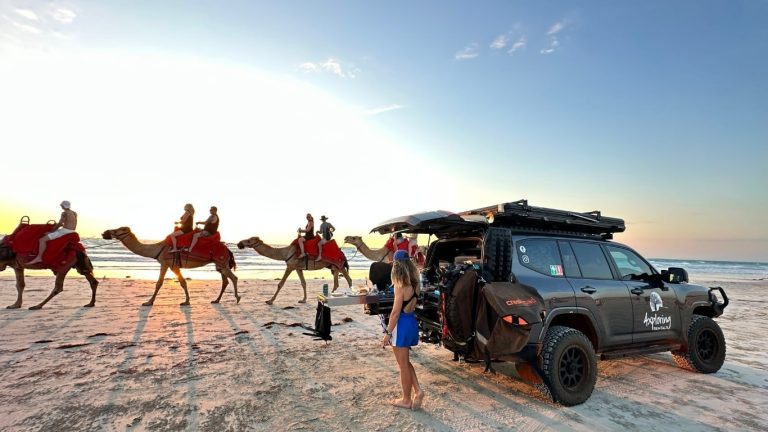Why Travel is Still the Best Education

In an age where digital tools and online learning dominate, there’s a growing argument for staying behind screens to gain knowledge. But while virtual learning has its place, travel continues to stand apart as a more complete form of education. Whether it’s through conversations with locals, observing new customs, or simply navigating unfamiliar streets, travel offers a hands-on way of learning that classrooms can’t fully replicate. Even this website, which focuses on entertainment and leisure, reflects the broader global connections we experience when we move beyond our usual borders: this website.
Experiencing Cultures Directly
One of the most immediate and lasting educational benefits of travel is cultural immersion. Reading about different societies is useful, but it often creates a filtered or one-dimensional view. When you visit another country, you engage directly with its people, language, food, and routines.
Living or even just spending time in a place allows you to see how historical and social systems work in everyday life. It’s the difference between reading about a tradition and being there for a local festival or ceremony. This direct experience helps develop empathy, curiosity, and a more realistic view of the world.
Learning Through Adaptability
Travel requires constant decision-making and adjustment. From navigating transit systems to resolving issues with accommodation or language, it pushes people out of their comfort zones. These situations build problem-solving skills and mental flexibility.
Educational theory emphasizes active learning—when people engage with a challenge and find their own solutions, they retain more knowledge. Travel provides this in abundance. There are no guided answers or clear steps. You often have to figure things out on the go, and that learning tends to stick.
Language Skills and Communication
Language is a central part of culture. When you travel, even to places where your native language is widely spoken, you’re likely to encounter new slang, gestures, or local expressions. In non-native environments, picking up basic words or phrases becomes a necessity, often accelerating language acquisition.
Beyond formal language learning, travel enhances non-verbal communication. Reading facial expressions, tone, and body language becomes a survival skill, improving your ability to interpret and connect across cultural lines. This skill is increasingly valuable in our globalized world.
Real-World History and Geography
No textbook can compare with seeing historical sites firsthand. Walking through ancient cities, visiting museums curated by local experts, or simply standing where historical events took place offers a deeper connection than any documentary.
The same goes for geography. Travel helps people understand how location affects culture, politics, and economy. You feel the altitude in the Andes, the humidity in Southeast Asia, or the vastness of deserts and plains. These experiences put academic facts into a physical, memorable context.
Economic Awareness
Many travelers are surprised by how different the cost of living is in various countries. Experiencing this disparity firsthand can teach important lessons about global economics, development, and labor.
From bargaining in local markets to understanding tipping customs, travellers see how economic principles play out in real time. It makes abstract ideas like inflation or purchasing power more relatable and concrete.
Breaking Stereotypes
Education is not just about acquiring facts. It’s also about questioning assumptions and understanding complexity. Travel exposes people to situations and individuals that challenge common narratives.
Spending time in places that are portrayed negatively in media often reveals a much richer and more nuanced reality. It teaches people not to rely solely on secondhand information or stereotypes, which is one of the most valuable forms of critical thinking.
Developing Independence and Responsibility
Travel demands a level of self-reliance that few other activities do. Planning itineraries, managing budgets, handling emergencies—these responsibilities foster independence. They teach people to manage their time, energy, and expectations.
This is especially important for young adults who may not yet have encountered real-world demands. Travel puts them in situations where they must make decisions with immediate consequences, which is a key part of growing into responsible, informed adults.
Long-Term Impact
The lessons from travel don’t fade easily. Many people find that the things they learned on the road—about themselves, others, and the world—stay with them for life. Travel has a way of sharpening perspective and reordering priorities, often influencing career choices, relationships, and values.
In a world where information is abundant but often disconnected from lived experience, travel grounds learning in reality. It creates context, depth, and personal meaning.
Conclusion
Travel continues to be one of the most effective educational tools available. It teaches through immersion, builds critical skills, and connects people to the world in meaningful ways. While classrooms and online platforms are important, they often miss the richness that comes from direct experience. In this sense, travel is not just a form of escape or leisure—it remains one of the best ways to learn about life, others, and ourselves.




